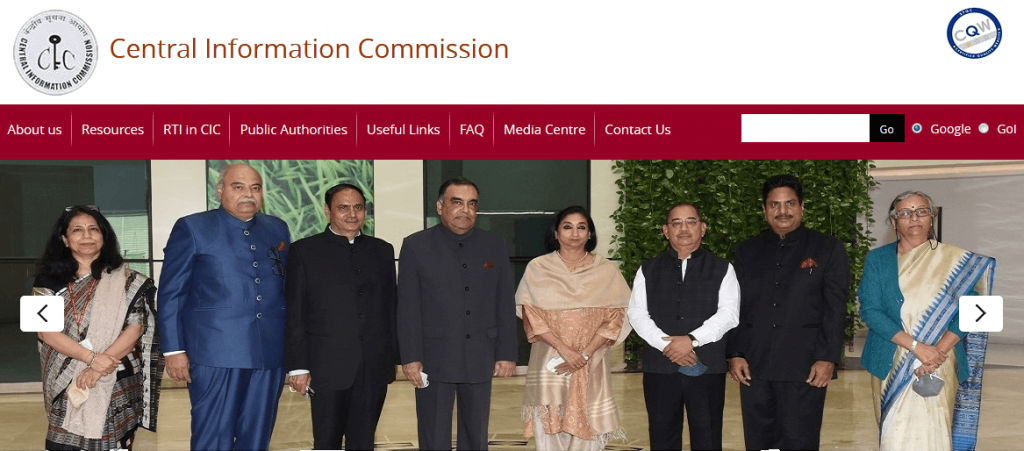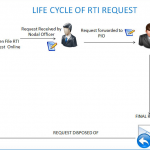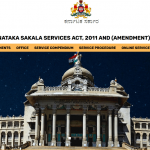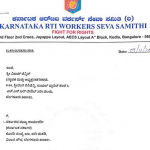
By Aratrika Dey
The Karnataka RTI Workers Seva Samithi (KRWSS) recently filed a petition with the Central Information Commissioner, demanding that RTI (Right to Information) second appeals be disposed off within 45 days. Second appeals before the Karnataka Information Commission are taking longer disposal time, some going up to more than three to five years.
“More than 30,000 cases are pending,” says Vijay Dennis, social worker, founder, and president of the KRWSS. “They are not closing the cases; they are giving dates once a month or once every two months. People from the districts keep traveling back and forth, spending their time and money on travel for legal redressal.”
What is a ‘second appeal’ under the RTI Act 2005?
When an RTI applicant does not receive any response from the Public Information Officer (PIO) within the prescribed time or if the applicant is not satisfied with the PIO’s response or when the department happens to supply incorrect or misleading information, or demands fee beyond the prescribed amount to file an RTI, they have the right to file for a ‘first appeal’. The first appeal should be filed with the relevant first Appellate Authority under RTI Act 2005 within the time frame of 30 days from the date of expiration or a month from the date on which receipt of communication from PIO is received.
If the applicant is unhappy with the decision of the Appellate Authority, or is not indicated of the decision within the given time period, one can file a ‘second appeal’ to the Information Commission, either at the centre or home state. However, for issues related to the public authorities affiliated with the central government, the appeal needs to be addressed to the Central Information Commission, while the state government public authority related appeals are to be addressed to the State Information Commission. The appeal has to be made within 90 days from the date on which the decision was relayed to the applicant or the day when the decision was received.



